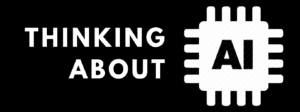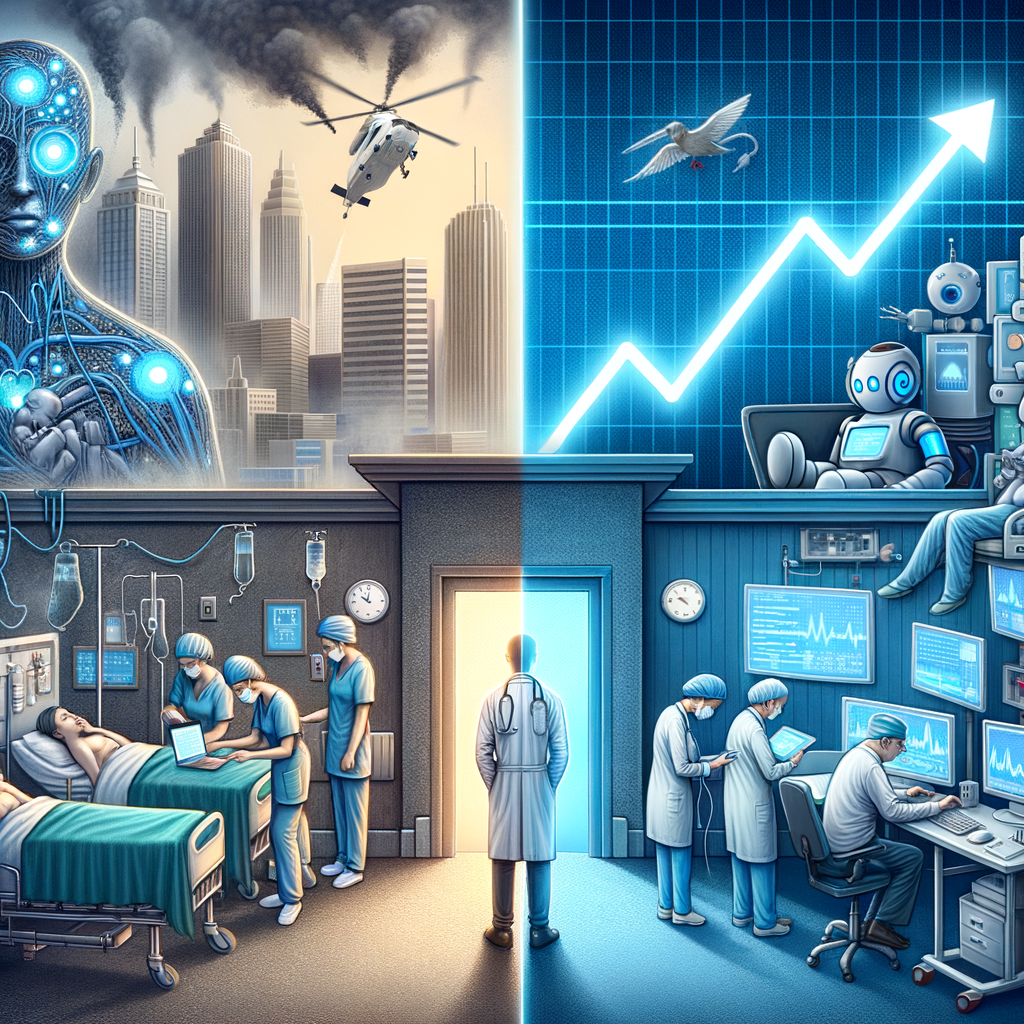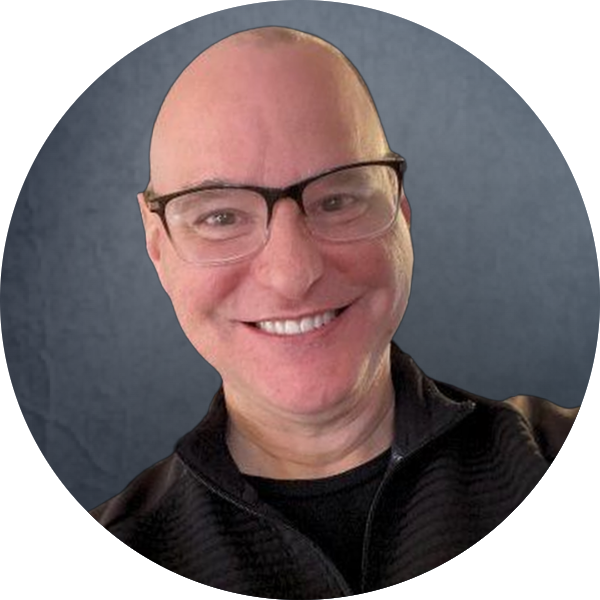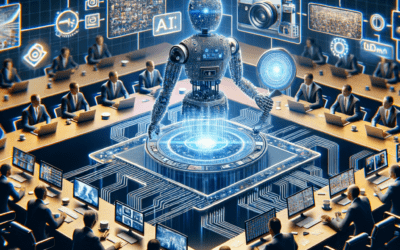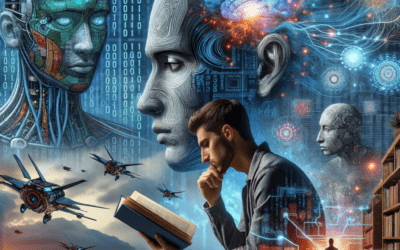Paul’s Perspective:
The importance of this article lies in its illumination of how AI can not only alleviate the physician shortage problem but also revolutionize the quality and efficiency of healthcare. It’s a must-read for leaders seeking to harness technology to address crucial system-wide challenges.
Key Points in Article:
- Incorporating AI can streamline administrative tasks, allowing physicians to focus more on patient care.
- Data-driven AI tools can improve diagnostic accuracy and treatment plans.
- AI can facilitate remote monitoring and telemedicine, expanding patient access to specialists.
- Investing in AI-driven solutions could reduce long-term healthcare costs despite upfront expenses.
Strategic Actions:
- Analyze the current impact of physician shortages on the healthcare system.
- Explore how AI-assisted diagnostic tools improve efficiency and accuracy.
- Assess the efficacy of AI in patient care delivery and administration.
- Consider the scalability of AI solutions for widespread healthcare issues.
- Evaluate the cost-benefit analysis of implementing AI in healthcare settings.
Dive deeper > Full Story:
The Bottom Line:
- This piece explores how AI can mitigate the physician shortage issue.
- It emphasizes AI’s potential in enhancing healthcare delivery.
Ready to Explore More?
If you’re looking to integrate AI solutions within your company’s operations or have any uncertainties about its practical applications, our team can guide you through the strategic implementation to ensure you’re getting the most out of these innovations.
